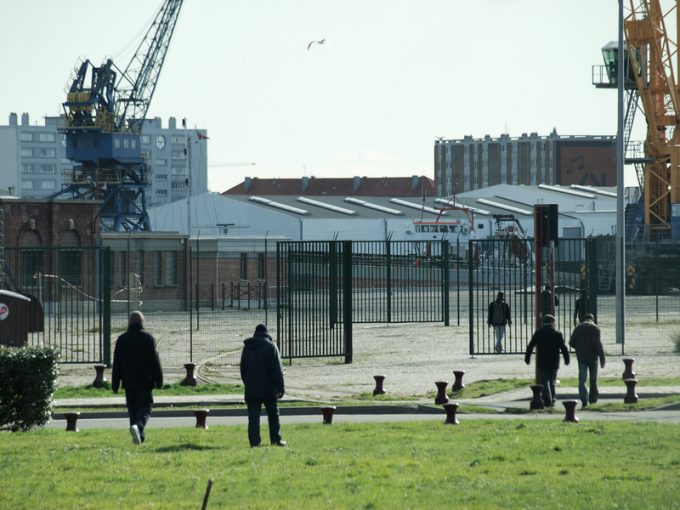P&O Ferries to boost Dover-Calais freight capacity as Irish rival launches
P&O Ferries is set to respond to the forthcoming arrival of Irish Ferries on the ...

After a three-month winter hiatus, senior French police sources yesterday warned that the number of migrant attempts to cross the Channel to the UK was likely to significantly increase.
And the law enforcement workforce around Calais was described as seriously demoralised.
Gilles Debove, deputy secretary general of SGP Police Unit Force, ...

Comment on this article